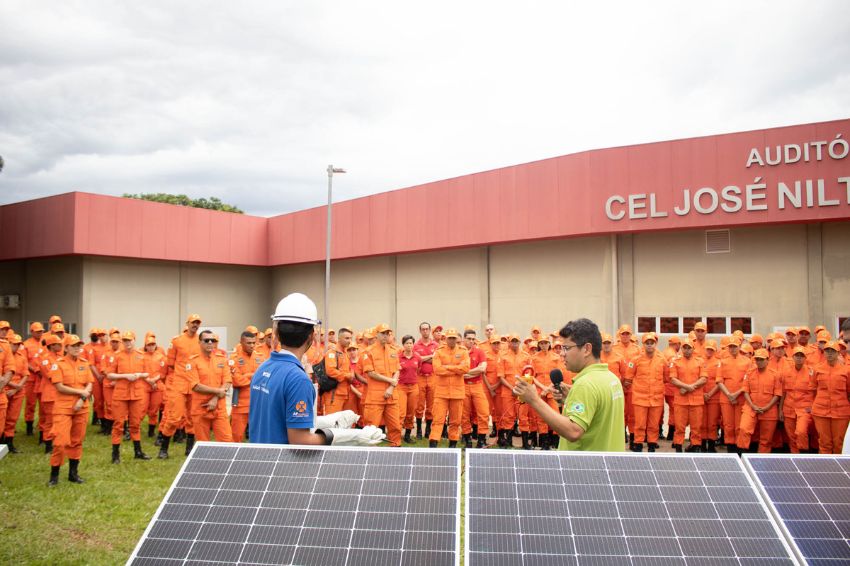In a year of definitions in the legislation that determines the rules for photovoltaic systems in Brazil, especially because of the Law 14,300, it is also important to pay special attention to issues related to security regulations.
This occurs as concerns about the safety of installations grow, as the demand for photovoltaic projects gains more and more space in the Brazilian energy matrix.
Following the exponential growth of this technology in the country in recent months, the command of Fire Department from several states has been working to define specific technical instructions.
In Minas Gerais, for example, technical instruction number 30 was launched in August 2022, which states that solar energy systems must also have arc fault protection equipment and a quick shutdown device installed.
O engineer João Souza, technical responsible for Ecori Solar Energy, highlighted that the Fire Department operates on a state basis, with the states working on technical regulations to mitigate the risks of fire and electric shock, as well as improving some fire techniques in photovoltaic systems.
“The states are moving and, soon, all Fire Departments will have their regulations. Mato Grosso was undergoing public consultation and should soon publish the standard”, he said.
“The Federal District was working on the standard and will soon launch the public consultation. It is an extremely important issue, because they are safety devices for both the owners and the Fire Department”, he explains.
In the Federal District, Souza commented that the entire movement of the Fire Department began after training carried out by him and Rodrigo Matias, commercial director of Ecori, at the battalion.
“Since the beginning of its activities in the Brazilian market, Ecori has raised the safety flag. Proof of this is that it brought APsystems equipment to the country, which, in addition to added value, already respected international safety standards”, highlighted Matias.
“We had a vanguard positioning, betting that this was already a movement that would happen here in Brazil when the market was more mature”, he pointed out.
“We actively participate in technical discussions at ABNT, INMETRO and with the Fire Department so that these regulations can become a reality, which will benefit the photovoltaic market as a whole”, stated João Souza.
The engineer is part of ABNT committees that are discussing the topic and working on safety standards that will also act as a guide for the actions of the Fire Department teams.
According to Ecori, with the increasing participation of solar energy in the national energy matrix, professionals working in the photovoltaic market must pay attention to technical and regulatory changes.
“It is essential that integrators are aware of these regulations, as the Fire Department carries out inspections and only releases the operating license for industries, businesses and family homes, such as condominiums, if everything is ready for full operation. So, it is important to be aware of this to be able to provide full support to customers”, emphasized the company's technical manager.
He also highlighted that security is a non-negotiable value for Ecori and, therefore, throughout the year, the company carries out training on the technologies and components used in its solutions, always bringing up the topic of security and monitoring, answering questions and talking about news.
MLPE
According to the distributor, solutions that use MLPE technology are essentially safer. The acronym in English stands for module-level power electronics. “In the MLPE system, energy production is greater when compared to traditional systems.”
In more mature markets where the photovoltaic system is already a more widely implemented technology, there are safety requirements to minimize the risks of fire and electric shock and, thus, facilitate the work of the Fire Department in incidents with a photovoltaic system involved.
For the company, this care is necessary, since as long as the sun is shining, the photovoltaic systems are energized. When this happens in systems in the MLPE category, the voltage is reduced to a safety voltage, with around 80 to 120 V, unlike other systems in which the voltage reaches up to 1000 V, even with the system and circuit breakers turned off.
“This voltage reduction is essential so that firefighters can work to fight fires safely and without the risk of electric shocks,” concluded the company.
















